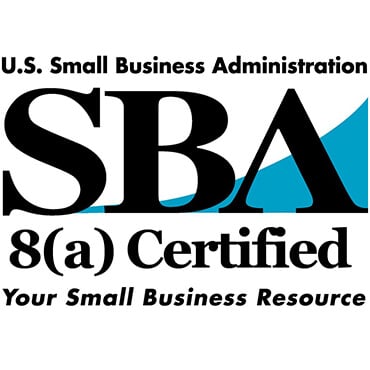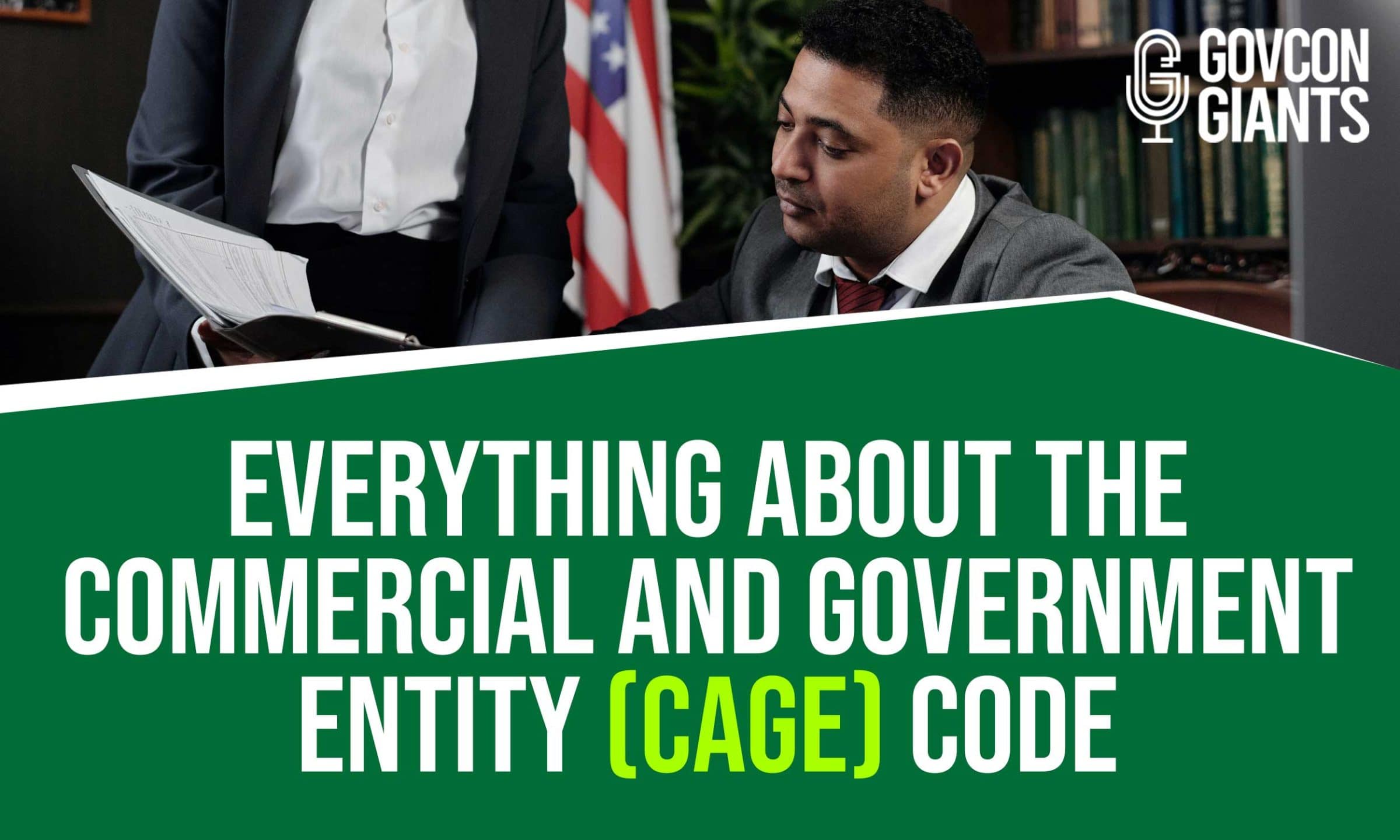Working in the federal marketplace can be a journey, so to help you better learn where to start, GovCon Giant made this list of videos to watch for you to follow!
THIS IS OUR STORY
Before we dive into some lessons, find out who is Eric Coffie and what is our mission here at GovCon Giants.
Listen to Eric Coffie’s 2020 Challenge video and learn our story and see why we believe that every small business on the planet should be doing government contracts!
“My name is Eric Coffie and it’s my mission in life to help small businesses achieve overwhelming success in the federal marketplace… I know that by creating an army of excellent contractors that operate ethically, we’ll provide the optimum value and best price for the government, we can curb this deficit spending trend, and start solving some of the life’s real challenges that this country faces you.”
BUSINESS BASICS
1. Learn the basics of government contracting.
Before you start your company, learn the marketplace first. Remember, the government arena is different from the commercial marketplace.
With this, we give you a little summary of the fundamentals. This video will give you an overview of the basic building blocks to successfully win federal contracts.
2. Form your company.
Before doing business with the government, you need to incorporate your business. Remember the U.S. is a capitalistic society, even if you don’t have a tangible business, get incorporated now.
Still needs more reasons to incorporate? Watch this video: Six (6) Reasons to Form your corporation.
3. Get your DUNS number.
A Data Universal Numbering System (DUNS) is a nine-digit identification number assigned to identify your business and to track your company’s credit record.
While the SAM database is extending the transition from using the DUNS number to the New Unique Entity Identifier (UEI) in April 2022, you still need to get your DUNS number before registering to the database.
Want to know more about how to do it? Check this video on how to apply for a DUNS number. Please note that getting your DUNS number is absolutely FREE and you don’t have to pay someone to get this done.
4. Choose your NAICS code.
A North American Industry Classification System (NAICS) code is a six-digit long code that helps classify the types of products and services that you supply.
The government actually permits having multiple NAICS codes, if you provide a wide variety of supplies. However, be careful in choosing because choosing the wrong NAICS code can cost you millions.
5. Register in SAM.
The System for Award Management (SAM) database is a platform to properly represent your business in the federal contracting arena.
Depending on the complexity of your business, your registration might take about an hour and it can also take an average of 7-10 business days to process it in the database. You can check more information about the SAM.gov database here.
If you want to learn more on how to register, then check these SAM Registration Tips. We also have a registration playlist in both Italian and Spanish language.
WINNING TIPS AND STRATEGIES
1. Consultant or Contractor?
Now, there are two paths that you can take… be a consultant or a contractor. A consultant is a person who represents a firm and helps you win contracts, meanwhile a contractor is the company that actually does the work with their team.
If you want to be a consultant, then check this video on how to get started as a consultant or check this playlist on consulting.
2. Where to look for contract opportunities?
After you create your company, you’re probably looking for a few ideas of how to make money using the power of the government. Here are a few places to start: How to make money online – no sales required.
3. Are you eligible for these?
The federal government allocates 23% of all contracting dollars to small businesses. That’s a whopping $156 billion dollars!
So, if you have a woman-owned small business, a service-disabled veteran-owned small business, a small disadvantaged business, or a Historically Underutilized Business, then check these small business programs!
You can also check our playlist about the 8a program which offers a broad scope of assistance to small firms.
BUSINESS ADVICE
1. Business is like a jungle.
Once you start learning how to make money, be careful because there will always be people who will try to take you down. Business is like a jungle, as they say.
“They’re out there and they’re looking to take you down. Again, they’re coming from the bottom, they come up from the top, and if you can get through that jungle and you could make it on the other side, then you’re going to be successful in business. Just keep in mind that they’re all there to stop you from your pursuit of getting out the other side.”
2. Pain is positive.
Scared to say the wrong things? Afraid to make mistakes? Faced with mental struggles? Our life can be compared to evolution and adaptation. Remember, the strong survive and the weak shall perish. Learn more why I say that pain is positive and helps you ascend to new heights!
3. Fair and failure are cousins.
If you think that everything is too much for you, understand that fear and failure are cousins. These two are causing the death of many good ideas that never materialized. So, learn how to handle fear in this video.
4. Success does not discriminate.
Don’t worry about the naysayers, the doubters, and the haters because regardless of your background, they will always say something negative towards you.
Remember this, all of my rich friends started with no experience. Some of them are former criminals, most have no college degree, and little formal education. But they are all successful. Why? Because success does not discriminate.
GET INSPIRATION FROM US!
Starting is not easy, but it is necessary. Throughout the journey towards success, you will face a lot of setbacks. With this, you can learn from the personal philosophy that I use to develop a mental foundation.
You can also learn from these techniques that I use to become the smartest persons in the room.
Consider that all of those things that you are feeling right now are normal for a business owner, but you should not focus too much on these matters.
If you want inspiration, you can check the story of how I leveraged the techniques above to land more than $1.5 million in contracts.
You can also check other GovCon Giants who have already gained success in the government arena through our podcast.
“I was born in a very poor community down in Miami, Florida… It was a predominanty black community and I grew up and we saw guns and knives, and we saw prostitution and drugs. And you know what? I chose a different path for myself. I chose a different way… I started a business, I started a company, I jump into real estate, I bought property, I made investments. And so, I’m telling you that I’m living proof of it.”
![]() Check out our RESOURCES page for a sample letter that we use in response to government market research.
Check out our RESOURCES page for a sample letter that we use in response to government market research.
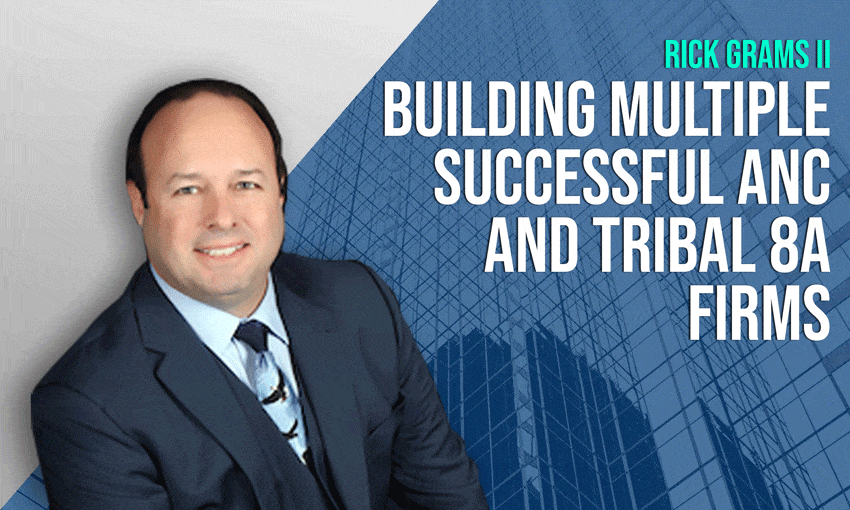


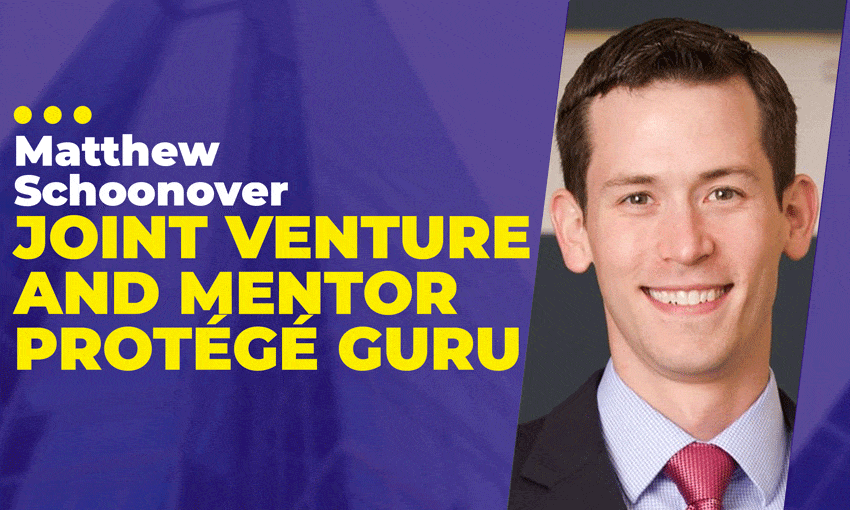
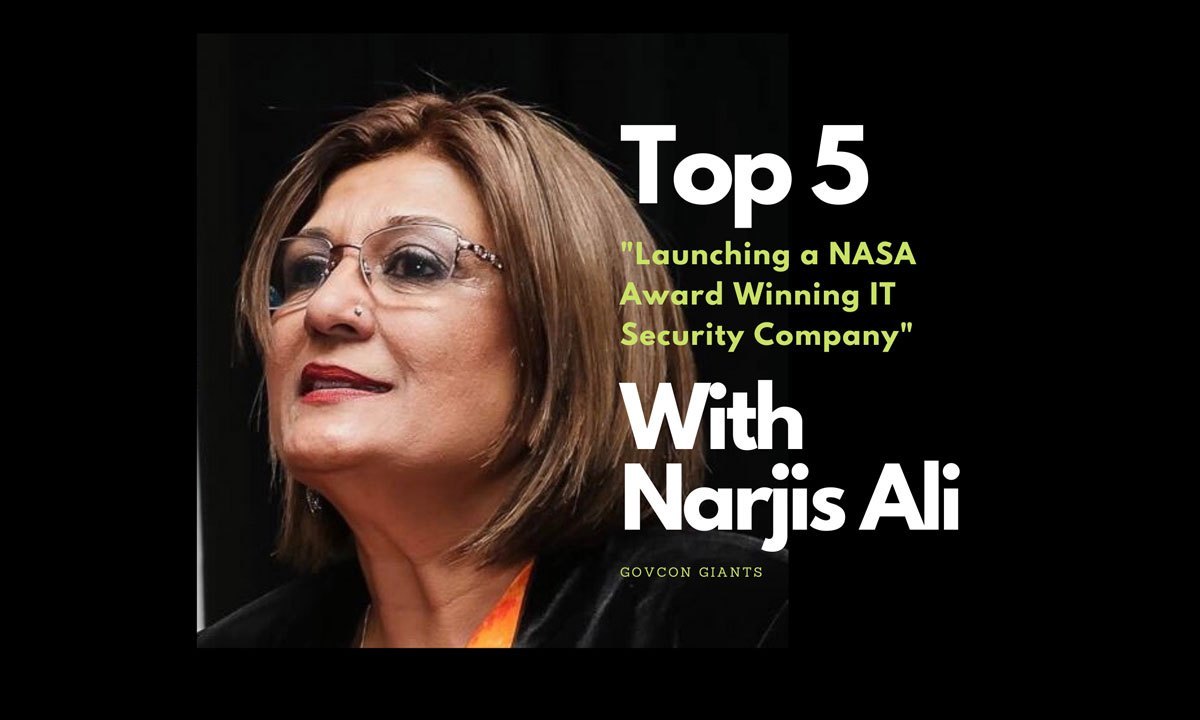
 “The most important thing was that we want to take people that matter, to places that matter…I think that means the world to me. When I see people that we’ve been trying to grow, grow and go to places.”
“The most important thing was that we want to take people that matter, to places that matter…I think that means the world to me. When I see people that we’ve been trying to grow, grow and go to places.”
